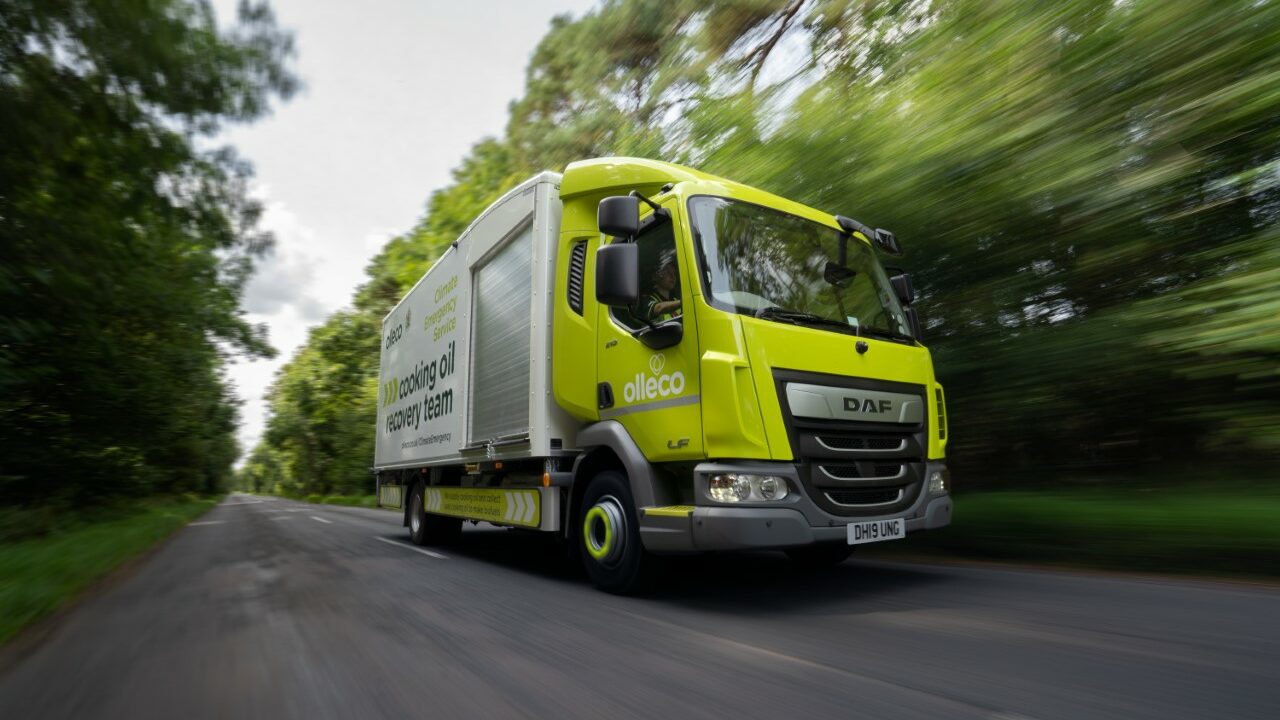The renewables division for ABP Food Group, Olleco, will enter into a 50:50 joint venture with New York Stock Exchange-listed company Bunge, a US producer of plant-based oils.
The venture will create a business that encompasses the full life-cycle of edible oils.
The partnership, which has been announced today (Thursday, October 13), is expected to work with foodservice and food manufacturing customers in Europe (not including Ireland and the UK) to supply oils and to efficiently collect used cooking oil for use as a feedstock in the production of renewable fuels.
The services to be offered will help address environmental and energy security challenges from key markets in Europe, according to a joint statement from the two businesses.
Greg Heckman, CEO of Bunge, said today: “We are pleased to partner with Olleco as we expand our portfolio of renewable feedstocks in Europe.
“Together, we share a commitment to sustainability and to finding innovative solutions to reduce carbon in our value chains.”
The partnership will be headquartered in Amsterdam in the Netherlands.
It will leverage Bunge’s customer relationships and global footprint in vegetable oil production and Olleco’s model in the supply, collection and conversion of cooking oils, the companies said.
Joe Kenny, CEO of Olleco, commented: “This is an exciting step for Olleco in Europe.
“The 50:50 joint venture will accelerate our expanding footprint, allowing us to unlock a wider, professionalised service to the food industry that works to capture this valuable resource.
“We’re delighted to partner with Bunge, a company that is agile, innovative and committed to the renewables space,” Kenny added.
Olleco, the renewables division of ABP, is a leading supplier of cooking oils and collector of used cooking oil and food waste. This collected oil is converted into biofuels.
The business employs over 1,000 people at 19 sites in Ireland and the UK. It services 50,000 catering establishments, as well as the UK’s royal household.
Bunge was established over 200 years ago and its aim is to “connect farmers to consumers to deliver essential food, feed and fuel to the world”.
The business employs almost 23,000 people in around 300 sites in 40 countries.
